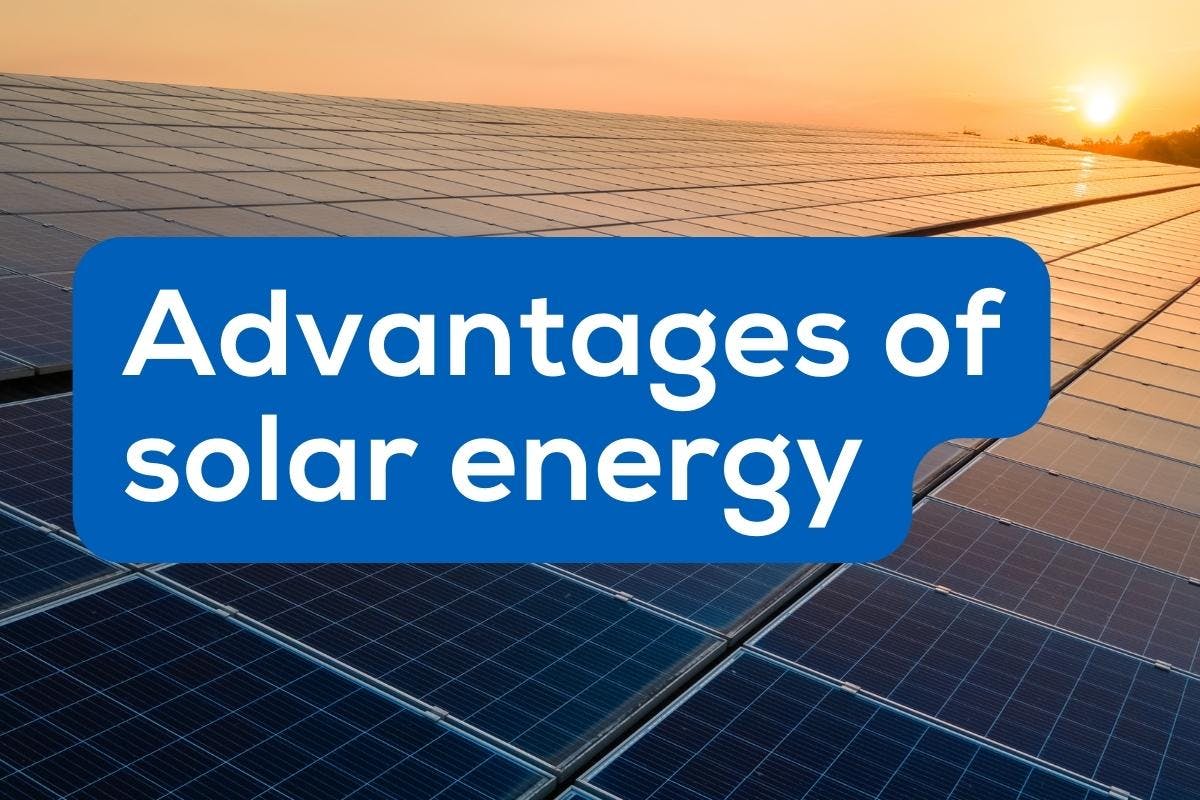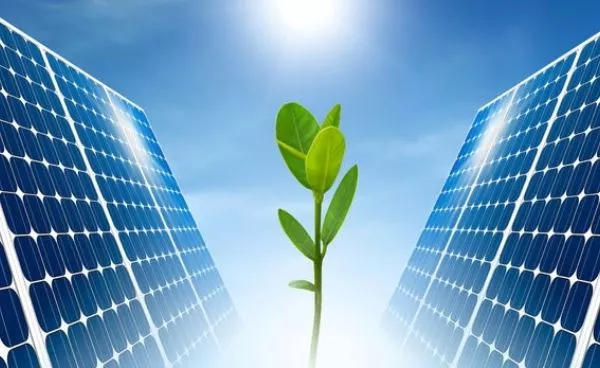Discover Simply Solar Illinois for Affordable Renewable Energy
Discover Simply Solar Illinois for Affordable Renewable Energy
Blog Article
Exactly How Solar Power Can Assist You Conserve Money and Decrease Your Carbon Footprint
The assimilation of solar power into your power portfolio offers a compelling possibility for both economic cost savings and environmental stewardship. As various government incentives come to be readily available, the concern arises: exactly how can one successfully browse the preliminary financial investments and recurring benefits of solar technology to make best use of both financial and environmental gains?
Comprehending Solar Power Financial Savings
While the transition to solar power usually includes a preliminary investment, comprehending solar power savings is essential for home owners and businesses alike. Solar power systems can dramatically minimize electrical energy expenses by utilizing the sun's power, converting into significant long-term financial benefits. By generating their very own electricity, users minimize reliance on grid power, which undergoes changing rates. These savings can accumulate in time, frequently leading to a quick return on financial investment.
Moreover, solar energy systems may qualify for numerous economic motivations, including tax credit histories and rebates, further improving their cost-effectiveness. The availability of net metering permits users to offer excess power back to the grid, producing an additional revenue stream. These aspects add to the total financial savings connected with solar power.

Along with guide financial savings, solar energy uses the added advantage of increasing property value. Houses geared up with photovoltaic panels are frequently extra eye-catching to customers, as they promise lower energy costs - Simply Solar Illinois. Recognizing these aspects is vital for anyone taking into consideration solar energy, as it highlights not just the prospective financial gains, but likewise the wider ecological and economic benefits of embracing renewable resource solutions
Preliminary Expenses vs. Long-Term Perks
When reviewing solar power, it is vital to evaluate the first costs against the long-lasting benefits. The in advance investment for solar panels, installation, and associated tools can be considerable, frequently ranging from $15,000 to $30,000, relying on the system dimension and home energy demands. This first expense may discourage some homeowners; however, it is important to think about the prospective financial savings in time.
Once installed, solar energy systems can significantly lower and even remove regular monthly power expenses, resulting in considerable long-lasting monetary advantages. Research studies suggest that property owners can conserve anywhere from $10,000 to $30,000 over the life expectancy of their planetary system, typically 25 years. Additionally, many states supply incentives, tax obligation credit reports, and rebates that can counter preliminary expenses, making solar extra available.

Minimizing Your Carbon Impact
Lowering your carbon footprint is an important factor to consider in today's environmentally aware culture, and adopting solar power is just one of one of the most effective methods to achieve this objective. Solar energy is a tidy, renewable energy that substantially reduces dependence on fossil gas, which are major factors to greenhouse gas exhausts.

Additionally, the widespread adoption of solar modern technology urges the advancement of environment-friendly jobs and sustains developments in power storage space and effectiveness. The more individuals and companies invest in solar energy, the better the cumulative decrease in carbon exhausts, fostering a cleaner atmosphere for future generations.
Government Incentives and Discounts
Embracing solar energy not just profits the setting yet can also lead to considerable monetary savings, specifically with the accessibility of federal government rewards and discounts. Different government, state, and neighborhood programs are developed to encourage property owners and services to purchase solar power systems, making the transition a navigate to these guys lot more budget-friendly.
Among one of the most famous incentives is the Federal Investment Tax Obligation Credit Report (ITC), which allows solar system owners to subtract a substantial percent of the installation prices from their government tax obligations. This incentive has been critical in minimizing the in advance costs related to solar power systems. In addition, several states supply their own tax credit reports, grants, and discounts that can even more improve financial savings.
Moreover, some neighborhood federal governments provide real estate tax exceptions for solar installations, making certain that property owners do not deal with raised real estate tax as a result of their eco-friendly energy financial investments. Utility firms might additionally use incentives, including net metering and feed-in tariffs, which allow solar energy individuals to offer excess power back to the grid.
Selecting the Right Solar System
Selecting the appropriate solar system is critical for optimizing power effectiveness and economic benefits. The decision depends upon a number of elements, consisting of energy requirements, budget, and available area. Home owners ought to start by assessing their electricity consumption to identify the system size required for optimal performance.
Following, consider the different sorts of solar innovations readily available. Simply Solar Illinois. Photovoltaic (PV) panels are the most usual, transforming sunshine straight right into electrical energy, while solar thermal systems concentrate on home heating water. Each kind has distinct advantages depending on private requirements
Budget plan factors to consider are additionally vital. Initial setup expenses can vary substantially, so it is essential to contrast quotes from several providers and check out financing alternatives. Government rewards and refunds can further lower the monetary concern, making planetary systems a lot more accessible.
Verdict
The ecological advantages of solar energy add to sustainable methods critical for combating environment adjustment. Government motivations boost the expediency of solar modern technology adoption, encouraging a change in the direction of a cleaner, much more economically effective energy resource.
Report this page